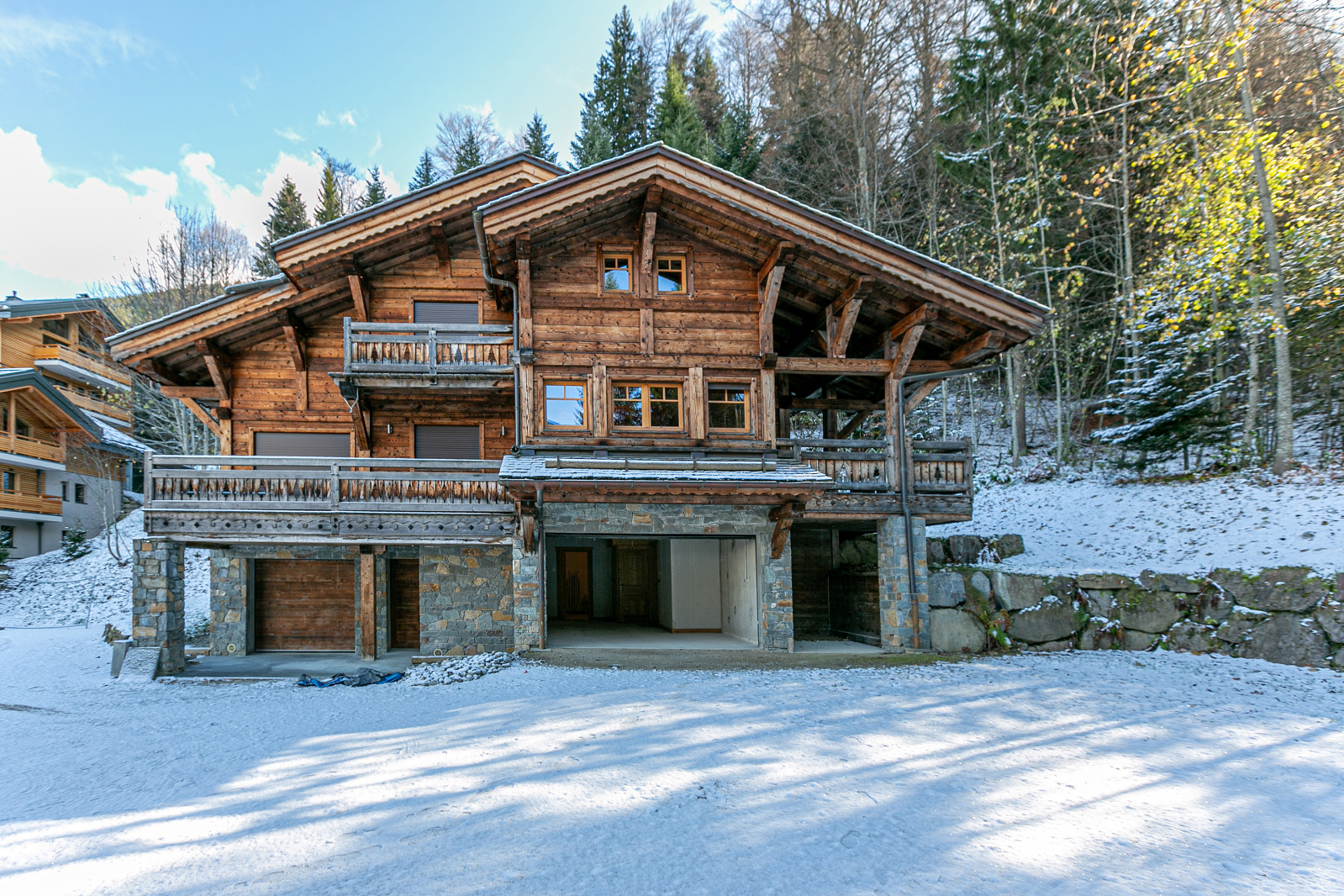All about the right of exemption, the right of pre-emption and the right of repurchase
January 21, 2023
In Switzerland, if you want to have a valid real estate sale, a legal document must be established. This act is done in front of a notary in the presence of the buyer and the seller or their representative who will then have to obtain a power of attorney to sign on their behalf. Several options are possible for the sale. This is what we will see in this article by explaining the concepts of right of exemption, right of pre-emption and right of repurchase.
The right of exemption
Direct selling is the easiest way to finalize a purchase, however it is not suitable for all situations. For example, the seller may want to stay a little longer in the property. On the other hand, the buyer may need time to sell his property or to end his current lease. In these cases, it is possible to make a promise to sell but this doesn't give a transfer of ownership and it doesn't appear in the land register.
Another solution is to make a forward sale where the two parties decide together the date on which the transfer of ownership can be carried out. The latter is accompanied by a right of exemption which secures the buyer. And for good reason, this right is marked in the land register. The right of exemption allows the person to become the buyer of the property.
With a forward sale, the buyer pays a deposit at the time of signing and the balance on the date fixed in the contract. The duration cannot exceed 10 years. Furthermore, this right is transmitted by succession but is not transferable (unless both parties agree).
The right of pre-emption
The pre-emptive right is a right allowing a buyer to have priority over the sale of a property. Indeed, if the owner wants to sell his property, he has to notify the beneficiary of the right of exemption from the sale. The buyer then has three months to make a proposal. The advantage of this right is to be informed but above all to have priority over the sale. It can be noted on the land register for a maximum of 25 years. This right is acquired either contractually or legally (for example : a co-owner).
The right of repurchase
As for the right of repurchase, it gives the possibility to the seller to be able to buy back his property after having sold it. Obviously, you must respect the conditions of duration and price provided for in the act of sale. This is particularly interesting if the seller has financial problems. In practice, most of the time, he continues to stay in the property by paying a compensation to the owner. This right of repurchase can be registered in the land register for a maximum duration of 25 years. It is not transferable but it can be transmitted by succession.







